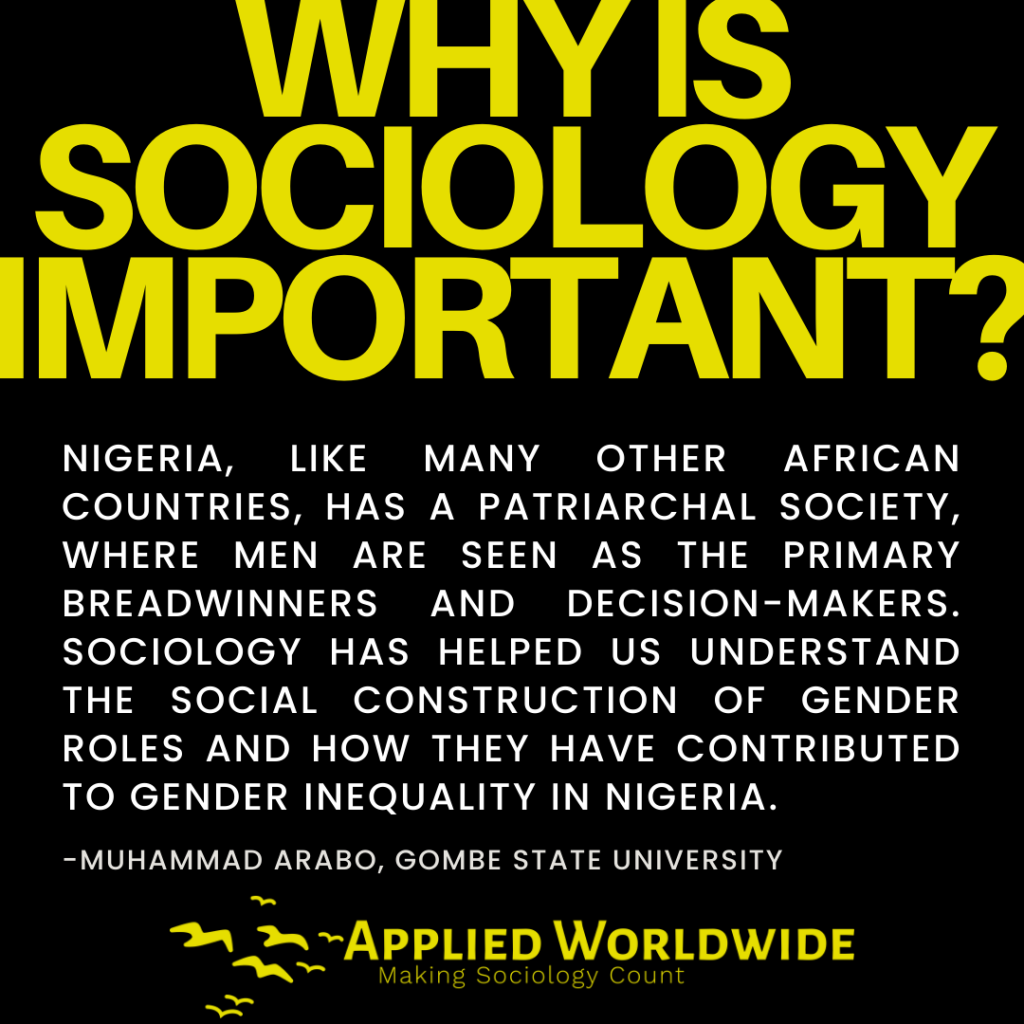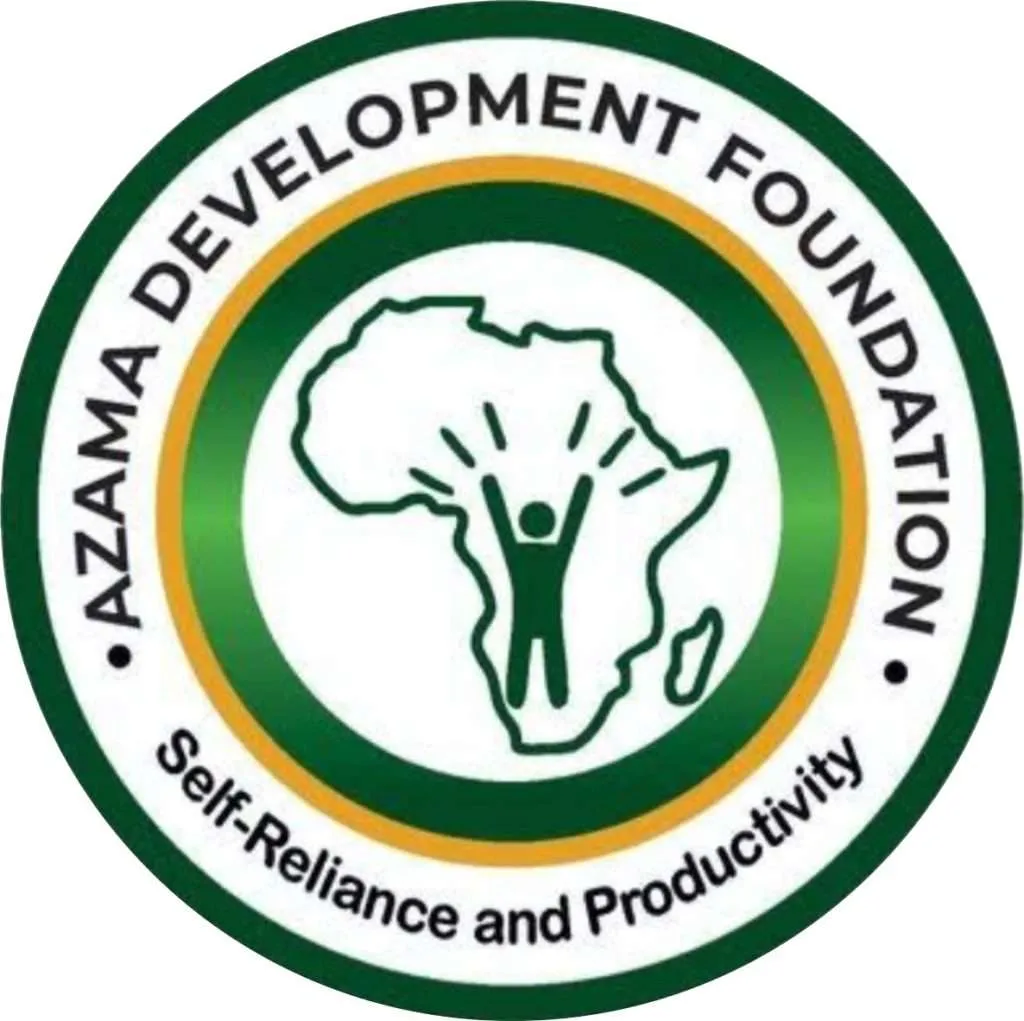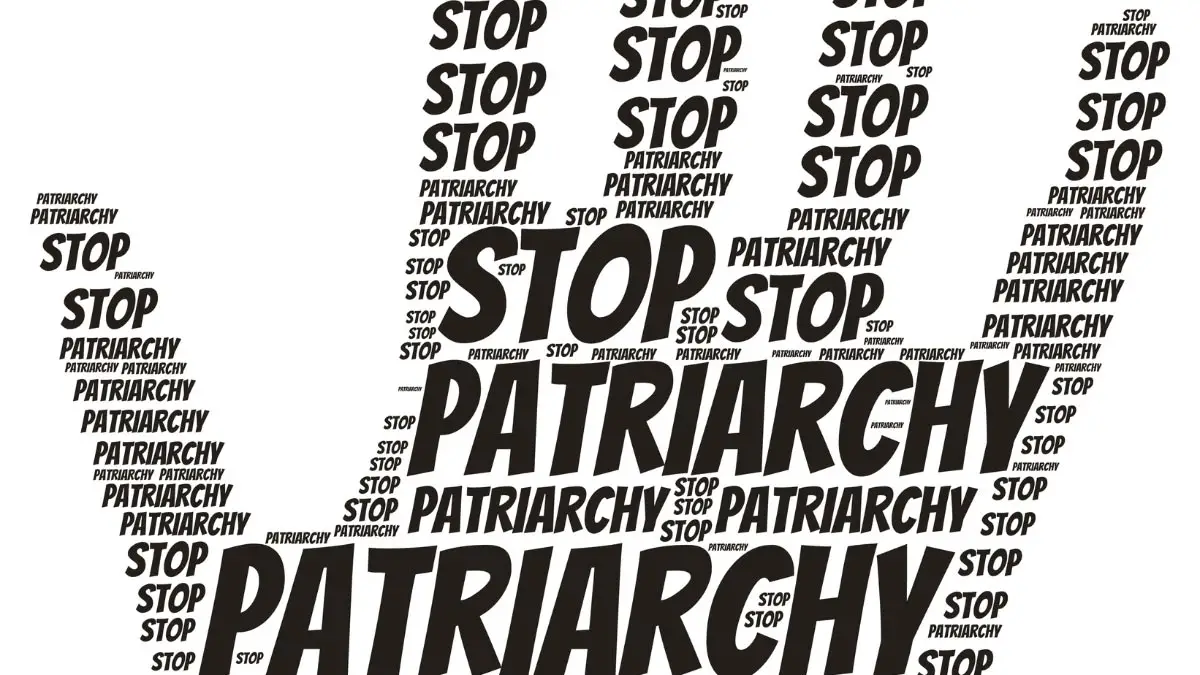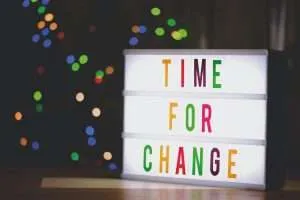Editorial Note
Thank you to our generous sponsors, Sociologists for Women in Society, Center for Equity Education, Azama Development Foundation, and Sociological Practice & Public Sociology (SPPS) – American Sociological Association (ASA) for helping us make Applied Worldwide’s 2023 “Why is Sociology Important?” student essay competition a success!
This essay on the importance of sociology was published on behalf of Applied Worldwide’s 2023 Global Student Essay Competition. For the 2023 competition, we awarded 16 student essayists across eight countries and one US territory and will be sharing each winning essay in our “Why is Sociology Important?” essay collection.
This sociology essay was written by Muhammad Arabo, a third year undergraduate zoology student at Gombe State University in Nigeria and earned a 2nd place prize in the competition.
Why is Sociology Important? A Weapon to Fight Injustice, Muhammad Arabo
Sociology is the scientific study of human society and social behavior. It is a discipline that helps us understand how people interact with each other and how society functions. The importance of sociology cannot be overemphasized, as it provides us with the tools to analyze and understand the complexities of our society. In the words of C. Wright Mills, one of the most renowned sociologists of the 20th century, “sociology is the study of the interplay between individuals and the society they inhabit.”
In Nigeria, sociology has played a crucial role in shaping our understanding of the country’s social, economic, and political issues. One of the most significant contributions of sociology to the Nigerian society is the study of social inequality. Nigeria, like many other African countries, has a history of social and economic inequality, which has resulted in denial of equal access to participation and representation of women in political powers and decision making.
Sociology has not only helped us understand the root causes of this inequality, such as colonialism, corruption, and nepotism, but also foregrounds for us the invisible actions that can intricately promote such gender inequalities in our contemporary lives today. Overall, the knowledge and application of sociology has provided us with the tools to address these issues in our little ways, as we interact with people and participate in things.
In my personal encounters, I have seen how social inequality impacts different aspects of Nigerian society, from access to education and healthcare to employment opportunities and political participation. When I was in two hundred level (200L) at Gombe State University, I participated actively in student unionism, from the general students associations such as “Students Representative Council (SRC)” to the departmental associations and clubs. The norm has been that male student seek for the primary seat, and a female, if at available and or allowed, should deputize him.
In early 2022, a female candidate named Henrietta James was bold enough to buy a ticket for the position of president Department of English, first in the history of the university. As “Aluta” person, (a jargon for a comrade and student union patriot), that was something considered unacceptable and contrary to norm. So, we ganged and campaigned against her, despite the fact that I and most of my team were not from the Department and cannot even exercise franchise. However, we kept selling the argument that “only the weariest of all people will allow a woman to be their president. Shame on you if you allow it!” And that seemed to work, as most people were operated by the mindset, that it is weakness to allow a woman to be a president of a whole department, and surprisingly, we garnered enough support from the women folks themselves.
We utilized every program, gathering, campaign meeting etc. to preach the abomination that department of English was about to bring to us. The opposition saw her candidature as an opportunity to make history, and twisted the campaign to be all about showing the strength of women and their numbers.
Eleven days to election, I got a phone call from Musa, a friend of mine from the Department of Sociology, who also doubled as the Presidential candidate of the department. He informed me that “yesterday, after conducting meeting with our Level Coordinator, Dr. Bala Sani, we mentioned issues among which yours was part and he said he would like to discuss with you, later today at the department. Hope you’d be available?”
During the meeting, Dr. Sani skillfully drew my attention to the ongoing massive campaign against the presidential candidate of the Department of English which I was leading, and engaged me into a discussion that began to change my perspectives. He recounted so many practical examples for me and cited several scholars, but none has worked on me like when he began to remind me that “If we need leaders based on their clear vision and ability to lead changes that will solve problems and impact the society, then gender is an inconsiderable parameter of excellence”. That actually struck me. He gave me a comparative analysis of Henrietta’s potential and that of her opponent. Aside from higher CGPA, she was an outstanding spoken artist, essayist and won the University and her department awards, and secured the department partnerships that are benefitting the students. At that moment, I felt very pale, distasteful, and overwhelmed with regret.
He finally recommended two texts for me to go through. First, “Women and Politics in Africa: Challenges and Possibilities” edited by Fareda Banda and Aili Mari Tripp. This book examines women’s participation in politics across several countries in Africa, including Nigeria, and offers insights into the social, political, and economic factors that have shaped women’s access to political power. The book also highlights successful strategies for promoting greater gender equality in political participation and representation.
The other one was “Women and Politics in Nigeria” by Ebere Onwudiwe and Onwumechili Chuka, which provides an in-depth analysis of women’s participation in Nigerian politics, exploring the factors that have limited women’s access to political power and the impact of women’s representation on policy outcomes. The book also offers recommendations for promoting greater gender equality in Nigerian politics.
I realized that I almost became one of the forces that promoted inequality and limitation to women’s access to political positions. And I thought, if I have started here, where will this take me and what will I tell my daughter when she wants to participate in any position?
I decided to support her candidature, and be on the good side of history whether she would win or not. Whichever it is, I would rather be a fighter for equality and social justice than the reverse of the situation. I changed my motto to “Politics without bitterness.”
These experiences have underscored the tremendous contribution of sociological awareness to me in my student unionism. And the later emergence of Henrietta as the first Female President in the History of Gombe State University wouldn’t have been successful without this sociological enlightenment. And it is this applied sociology that sets us free from traditional patriarchal ideologies that only enslave us and entrench inequality and retrogression in our society.
Nigeria, like many other African countries, has a patriarchal society, where men are seen as the primary breadwinners and decision-makers. Sociology has helped us understand the social construction of gender roles and how they have contributed to gender inequality in Nigeria. As Chimamanda Ngozi Adichie, a Nigerian writer, and feminist once said, “We teach girls to shrink themselves, to make themselves smaller. We say to girls, you can have ambition, but not too much. You should aim to be successful, but not too successful, otherwise, you will threaten the man.”

And the knowledge and application of sociology are the weapons with to fight this injustice! Hence, the importance of sociology cannot be overemphasized.
In conclusion, sociology is an essential discipline that helps us understand the complexities of human society. In Nigeria, sociology has played a crucial role in shaping our understanding of social, economic, and political issues. Through its study of social inequality, religion, gender, and political activism, sociology has provided us with the tools to address these issues and work towards a more just and equitable society. As the French sociologist Emile Durkheim once said, “Sociology is not only a study of society but a study of ourselves, our behaviors, and our beliefs. It is a science that enables us to understand the world around us and ourselves, as part of that world.”
References
- Adichie, C. N. (2013). We Should All Be Feminists. Anchor Books.
- Durkheim, E. (1951). Suicide: A Study in Sociology. The Free Press. (Original work published in 1897).
- Onwudiwe, E., & Onwumechili, C. (1997). Women and Politics in Nigeria. Africa World Press.
- Banda, F., & Tripp, A. M. (Eds.). (2009). Women and Politics in Africa: Challenges and Possibilities. Palgrave Macmillan.
- Mills, C. W. (1959). The Sociological Imagination. Oxford University Press.
Meet our 2023 Global Student Essay Competition Sponsors!

Sociologists for Women in Society is a nonprofit professional feminist organization dedicated to:
- Encouraging the development of sociological feminist theory and scholarship
- Transforming the academy through feminist leadership, career development, and institutional diversity
- Promoting social justice through local, national, and international activism
- Supporting the publication and dissemination of cutting edge feminist social science

The Center for Equity Education is a 501c3 nonprofit dedicated to providing quality and affordable DEI&A, discrimination, harassment, and sexual harassment prevention and education services.

Azama Development Foundation is a Non-governmental organization that actively works towards the development of youths and women to be self-reliant and productive. Our mission is to transform the lives of youths and women from all over Africa to be self-reliant and productive actively contributing to national economy, education and development, thereby eradicating poverty, illiteracy and lack of enlightenment in the region.

Sociological Practice & Public Sociology (SPPS) promotes the use of sociology to inform research, practice, and public policy beyond academia. In short, we focus on Making Sociology Actionable. SPPS focuses on public and applied sociology as a section under the American Sociological Association (ASA).








